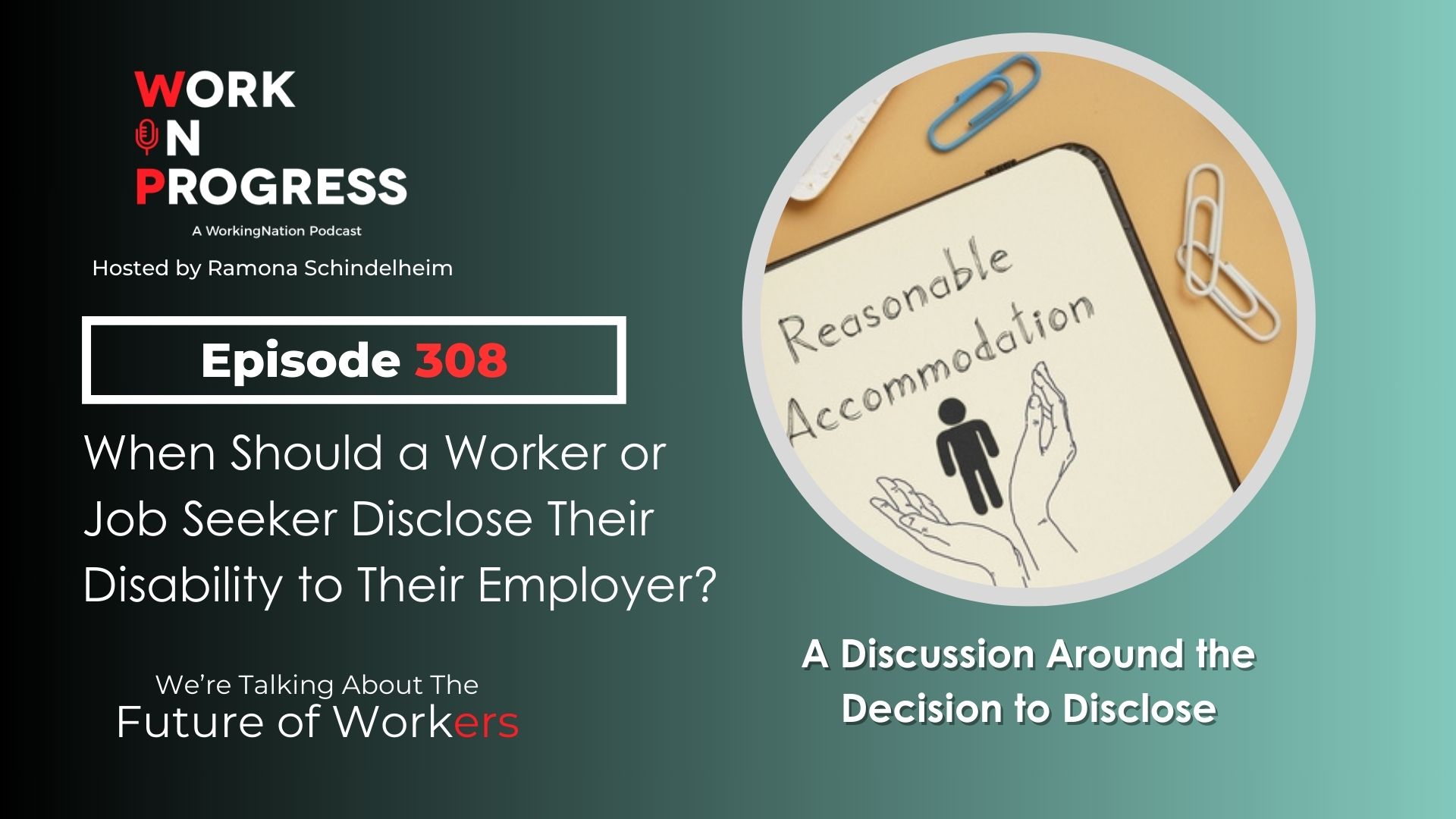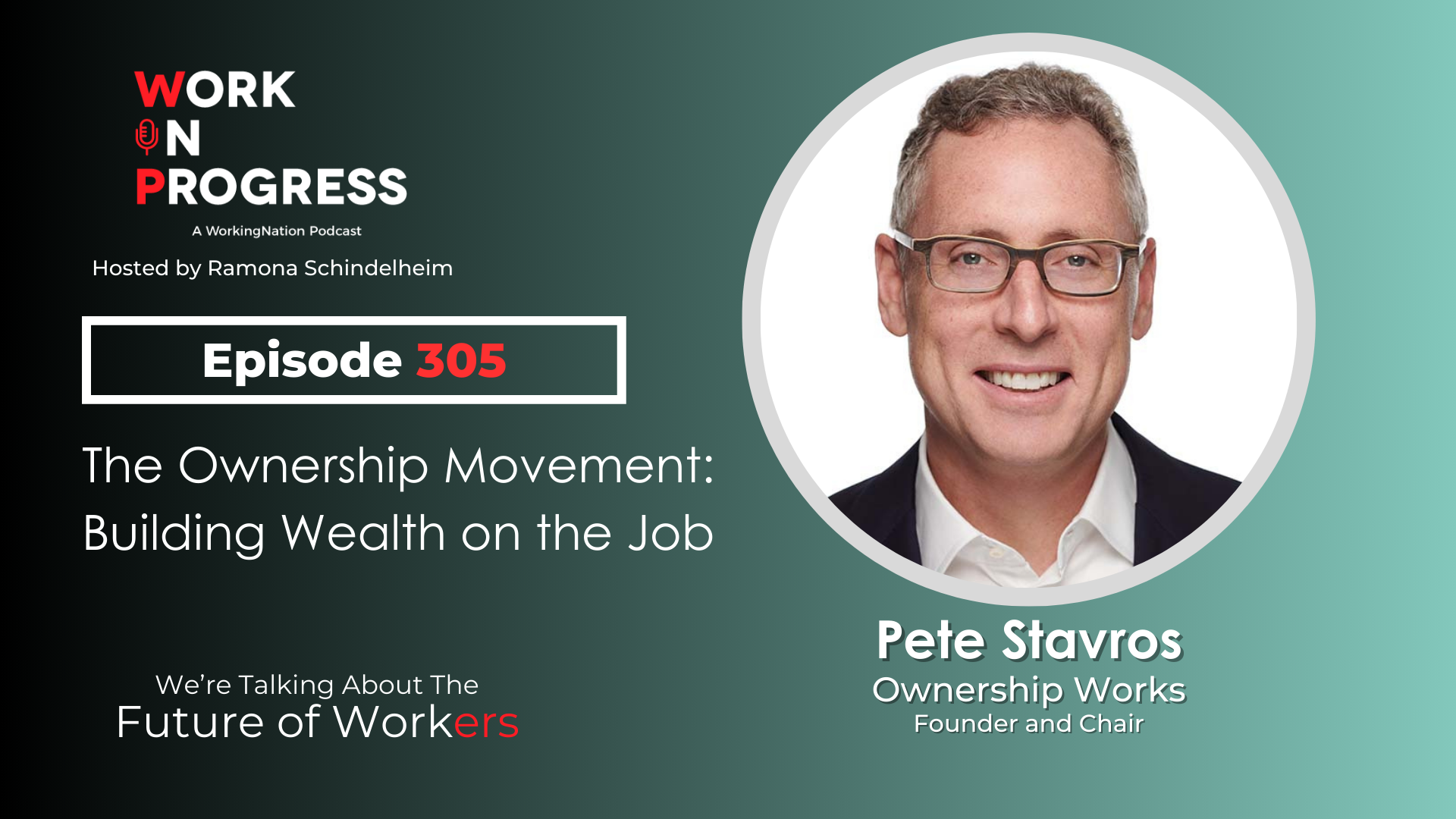
There is a classic story about how GE designer Doug Dietz discovered that an MRI to be used with children was terrifying them so much that they had to be sedated.
Doug then enrolled in executive education at Stanford’s D-School and realized the importance of looking at the MRI experience from the child’s perspective. Upon doing that and turning that terrifying experience into an adventure, children went from scared to delighted. More importantly, they didn’t need to be sedated.
The first step in Design Thinking is Empathy, i.e., get where your end user – be it customer, client, investor, the talent you’re pursuing and/or your culture – is coming from and where they “want” to go.
I emphasize the word “want” because increasingly people don’t do what they need to do, they do what they want to do, and even more frequently, they refuse to do what they don’t want to do.
Making sense does not a sale, or an executable strategy make.
I have been approached by more organizations and companies, who tell me, “We have such amazing technology and such great and useful tools and content that solve so many problems, but we can’t get our end user to even try our technology, tools or read our content, even when we offer it for free. In most cases, we can’t even get them to do that if we offer gifts, money or other incentives.”
They hire me to provide that empathic link that compels end users to take action. Along with that, I have become a fan of Design Thinking and advise all CEOs to become proficient in it as they look to solve their engagement problems both inside and outside their company.
The five steps of Design Thinking consist of:
- Empathy
- Define
- Ideate
- Prototype
- Test
You can get a great description of each of these steps courtesy of KNCT Lab.
My focus for this piece is empathy and why it’s so important for CEOs to develop that skill and why they don’t.
Why empathy matters
The less empathic a company is to its customers, investors, talent, and employees, the more those people will all “vote with their feet” and choose to buy, invest and work elsewhere.
The reason for that is based on neuroscience. The more a company pushes things on people that they don’t want, the more stress that creates and the more that elevates a hormone called cortisol. The more elevated cortisol is, people think less rationally and they react more emotionally. And usually, the reaction to something that isn’t a match for what they want causes people to resist and push back.
Alternatively, the more a company gets what people most want, and even better, what they most “gotta have” and then delivers it to them, the more that increases a hormone called oxytocin and dopamine and lowers cortisol. Oxytocin is the hormone most associated with empathy, bonding, “you had me at hello!” enthusiasm and pleasure (a.k.a. dopamine).
RELATED STORY: Bosses Beware: The autonomous leading machine could replace you too
If as a CEO, you think that is all science fiction, consider your enthusiasm when people such as your Board, CFO, COO and HR director are pushing you to do something you don’t want to do. And think how often, instead of eagerly cooperating, much less listening to them, you resist.
And if you think you can play by different rules than others, just ask your Board to give you a reality check (which is one of their responsibilities).
Why CEOs resist being empathic
There are at least three reasons.
Many CEOs are momentum junkies.
Momentum creates adrenaline and ignites testosterone. Adrenaline is connected with feeling powerful and excited. Testosterone is connected to feeling aggressive and hard-hitting. Feeling powerful, excited, aggressive and hard-hitting is intoxicating.
Most people are familiar with the term “adrenaline junkie,” which means that feeling powerful and excited is not just intoxicating, it is addictive. One of the reasons for that is that more than a few CEOs (or at least founders) have ADHD. That means they can often become scattered and excited about too many things.
Adrenaline is the body’s natural Adderall and works like that stimulant to help ADHD CEOs and founders to stay focused. Having to stop and be empathic towards others can abruptly obstruct and bring the adrenaline high to a halt.
Many CEOs don’t want to have to change course if they care about others
Empathy, as in putting yourself in other people’s shoes and seeing, hearing and feeling the world through their eyes, ears, and emotions and then caring about their point of view can cause CEOs and founders to stop their thinking and have to switch their focus and strategy. This can be very discombobulating to that CEO.
Many CEOs live in competence, confidence, control psychological silos
In a previous WN blog: Move On: Overcoming Resistance to Change in Others and Yourself, I explained how most people that you think are being resistant to change, aren’t. Instead, they are experiencing non-rational, non-functional self-preservation.
That goes for CEOs as much as anyone else.
The more competent a CEO feels, the more confident and in control they feel as well. Empathy, especially empathy that causes them to not just listen to but consider someone else’s point of view in an area they feel incompetent, and therefore lack confidence and feel out of control, is something they will resist.
Still not convinced?
Ask your Board – since you serve at their pleasure and will need them to buy in as well – these questions:
1: What would be the positive and measurable effect on our company’s success and bottom line if we could empathize with what our customers, clients, investors and people regarding what they not only want but “gotta have?”
2. What has already been the negative and measurable effect on our company’s success and bottom line when we have failed to empathize with what our customers, clients, investors and people regarding what they not only want but “gotta have?”
Join the Conversation: Share your thoughts on Dr. Goulston’s latest article on our Facebook page.
Dr. Mark Goulston is an award-winning business psychiatrist, consultant for Fortune 500 companies and the best-selling author of seven books. His latest, Talking to Crazy: How to Deal with Irrational and Irresponsible People in your Life can be found on Amazon. Catch up on Dr. Goulston’s previous articles here.
Connect with Dr. Goulston through Facebook, Twitter, or LinkedIn. His books are available on Amazon. Check out his videos on YouTube or take advantage of free resources available at www.markgoulston.com.











